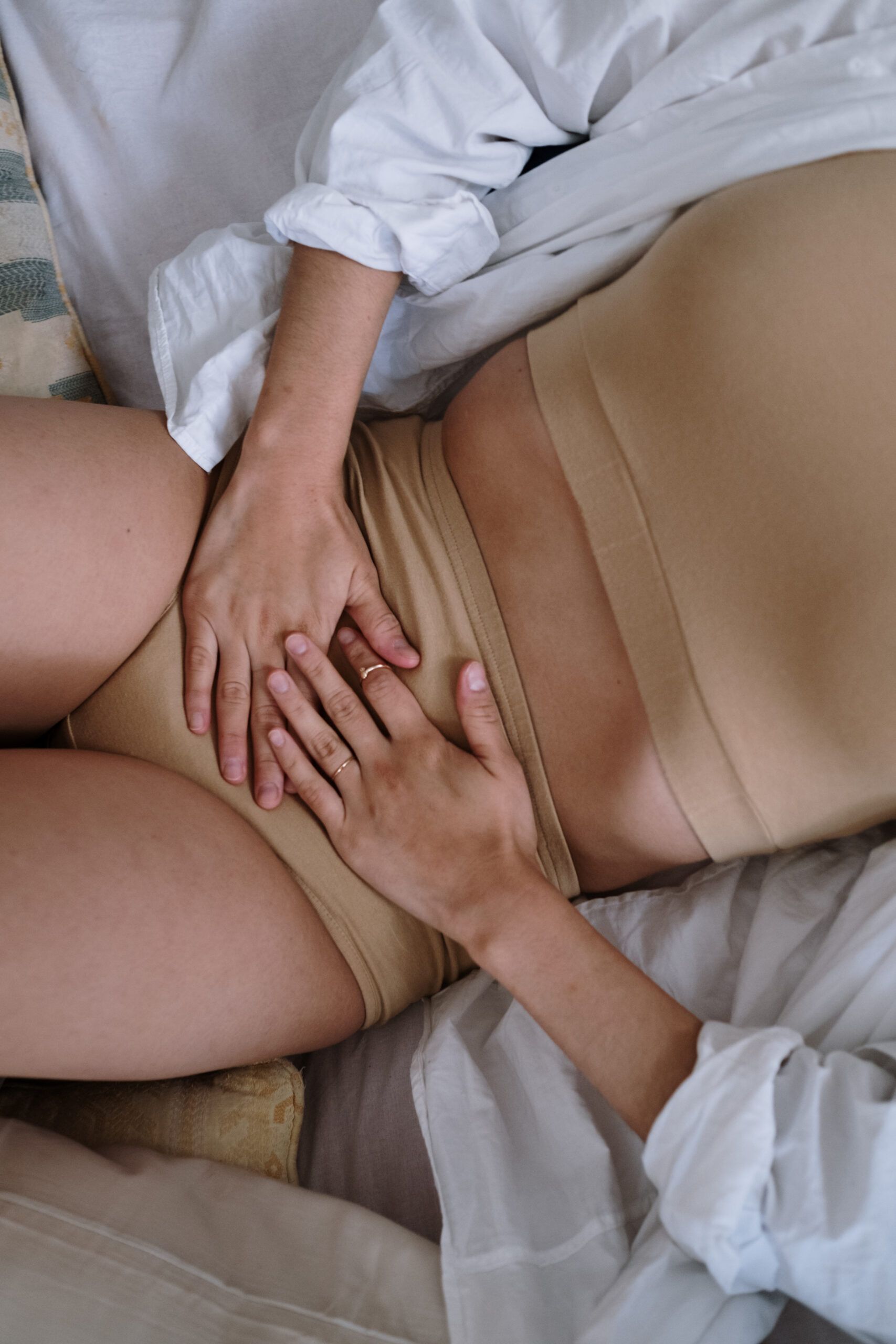Can hemorrhoids be caused by diarrhea?
Title: Can Diarrhea Lead to Hemorrhoids? Understanding the Connection
Introduction:
Hemorrhoids are a common health issue that affects many people at some point in their lives. They develop when the blood vessels in the rectum or anus become swollen and inflamed. While constipation is often associated with hemorrhoids, it is also worth exploring whether diarrhea can be a potential cause. In this blog, we delve into the connection between diarrhea and hemorrhoids and provide some helpful insights.
Understanding Hemorrhoids:
Hemorrhoids can be classified into two types: internal and external. Internal hemorrhoids are located within the rectum, while external hemorrhoids develop around the anal opening. They can cause discomfort, pain, itching, and even bleeding during bowel movements.
Causes of Hemorrhoids:
Constipation is widely recognized as one of the key factors contributing to hemorrhoid development. Straining while passing hard stools puts pressure on the blood vessels, leading to their swelling and subsequent inflammation. However, it is less commonly known whether diarrhea can also contribute to the formation of hemorrhoids.
Diarrhea and Hemorrhoids:
1. Increased Pressure: Diarrhea often leads to frequent and loose bowel movements. Although diarrhea itself may not directly cause hemorrhoids, the repeated trips to the toilet can put excessive pressure on the rectum and anus. This increased pressure can contribute to the development of hemorrhoids or aggravate existing ones.
2. Dehydration: Persistent diarrhea can cause dehydration, which can lead to dry and hard stools. Straining during bowel movements due to hard stools can strain the blood vessels in the rectum. This excessive straining can lead to the development or worsening of hemorrhoids.
3. Abrasive Stool: Diarrhea may result in loose and watery stools, which can be irritating to the sensitive tissues of the rectum and anus. Frequent wiping to clean oneself can further irritate the area, contributing to hemorrhoid formation.
Preventing Hemorrhoids During Diarrhea:While it may be challenging to prevent hemorrhoids altogether during diarrhea, there are steps you can take to reduce the risk or alleviate symptoms:
1. Stay Hydrated: Drinking plenty of fluids can help prevent dehydration and potentially reduce the likelihood of experiencing constipation or hard stools.
2. Dietary Changes: Opt for a diet that includes fiber-rich foods, such as fruits, vegetables, and whole grains. This can help regulate bowel movements and prevent straining during diarrhea.
3. Precautions during Wiping: Instead of harsh wiping, consider using moist wipes or soft toilet paper to prevent further irritation. Gentle patting with a soft cloth can also be more soothing.
4. Good Hygiene Practices: Keep the area clean and dry after bowel movements to minimize the risk of infection. Avoid using products that may cause further irritation.
When to Seek Medical Advice:
If you experience persistent hemorrhoid symptoms, it is essential to consult a healthcare professional. They can provide a proper diagnosis and recommend appropriate treatment options. Seeking medical advice becomes crucial if you notice excessive bleeding, intense pain, or any other concerning symptoms.
Conclusion:
While diarrhea itself may not directly cause hemorrhoids, it can contribute to their development or aggravate existing ones. The increased pressure on the rectum and anus during frequent bowel movements, as well as the potential for dehydration and abrasive stools, can all play a role. By adopting preventive measures, staying hydrated, and maintaining good hygiene practices, you can potentially reduce the risk of hemorrhoids during episodes of diarrhea. Remember, if symptoms persist or worsen, seeking medical advice is always the best course of action.



